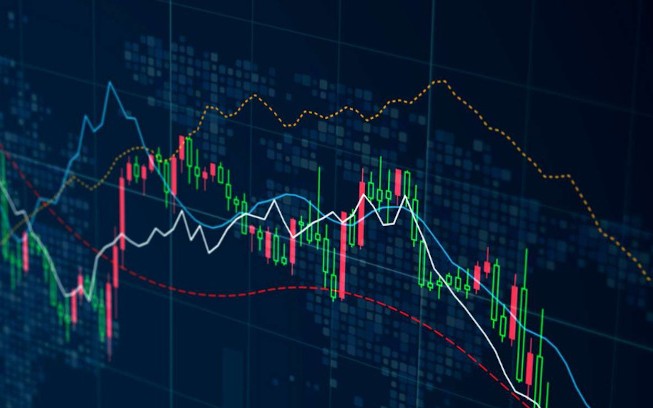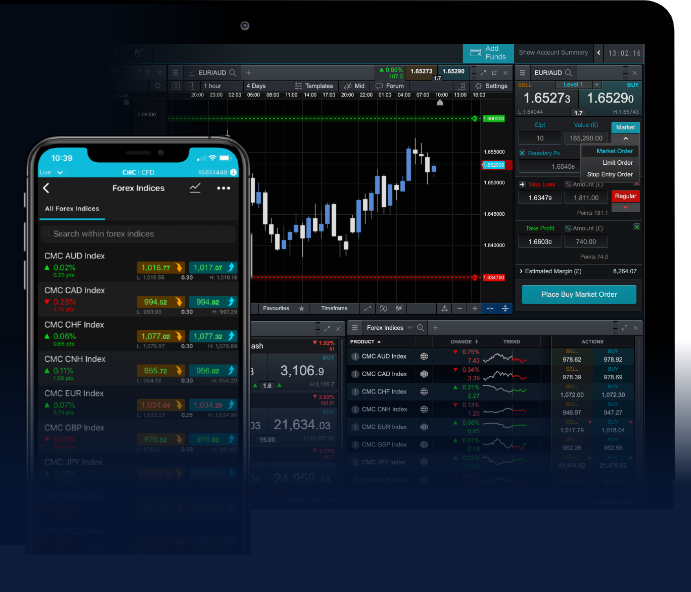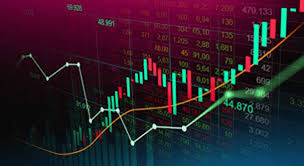
Understanding Forex Trading Taxes: What Traders Need to Know
Forex trading, or foreign exchange trading, has become increasingly popular for individuals seeking to profit from currency fluctuations. However, as with any type of investment, forex trading comes with its own set of tax implications. Understanding these implications is crucial for traders to ensure compliance and optimize their tax obligations. If you’re looking for forex trading taxes Hong Kong Brokers to facilitate your trading, it’s important to consider the tax landscape in your region.
1. The Basics of Forex Trading Taxes
Before diving into specific tax regulations, it’s important to grasp the foundational aspects of how taxes on forex trading are generally structured. Forex traders, like other investors, may be subject to capital gains taxes on their profits. However, the specific taxation framework can vary significantly based on the trader’s jurisdiction, the volume of trading, and the nature of their trading activities.
2. Different Tax Structures Across Countries
The taxation of Forex trading varies from country to country. In some jurisdictions, forex trading profits are classified as capital gains, while in others, they may be considered ordinary income. For instance, in the United States, forex trading profits are typically treated as capital gains. In contrast, some countries may levy ordinary income taxes on trading profits, which could result in a higher tax rate for traders.
2.1 United States Tax Regulations
In the United States, the IRS has specific regulations governing forex trading taxes. Forex traders can make use of two different tax classifications: Section 1256 contracts or the Mark-to-Market election. Section 1256 contracts allow 60% of the gain to be taxed at the long-term capital gains rate and 40% at the short-term rate, regardless of how long the contract is held. On the other hand, traders who opt for the Mark-to-Market election report trades as ordinary income, allowing for potential tax benefits in terms of offsetting losses.
2.2 European Union Tax Regulations

In the European Union, tax laws can differ significantly between member states. For example, some countries might impose a capital gains tax on forex trading profits, while others may treat them as business income. Traders in countries like Germany face a flat capital gains tax rate, while in the UK, forex trading profits can enjoy certain allowances before being taxed. Understanding the particular nuances of your country’s tax laws is essential.
3. Tax Filing Requirements for Forex Traders
Proactive tax planning and filing are critical for forex traders. Depending on the size and complexity of your trading portfolio, your tax obligations may differ. Most authorities require traders to report their profits, losses, and any related expenses when filing their annual tax returns. This often involves keeping meticulous records of all trades, including dates, amounts, and transaction types.
3.1 Documentation and Record-Keeping
Effective record-keeping is vital for forex traders. The ability to provide proof of trades, including opening and closing dates, currency pairs traded, and associated profits or losses, is essential in the event of an audit. Traders should also maintain documentation of any related expenses, such as trading platform fees, research materials, and advisory services, which may be deductible.
3.2 Deadlines and Extensions
Filing deadlines can vary depending on jurisdiction. Forex traders should stay informed about their specific filing requirements to avoid penalties. In some cases, extensions may be available, but it’s wise to consult with a tax professional to navigate these complexities effectively.
4. Potential Deductions for Forex Traders
Tax deductions can significantly alleviate the financial burden for forex traders. Many expenses associated with trading can potentially be deducted. Some typical deductions include:

- Trading platform fees and commissions
- Software and tools used for analysis and trading
- Educational materials, including books and courses related to forex trading
- Professional fees paid to accountants or tax advisors
However, it is crucial to ensure that all expenses claimed are directly related to trading activities to avoid issues with tax authorities.
5. International Tax Considerations
For traders operating in multiple jurisdictions, international tax considerations can complicate tax obligations. Forex traders may find themselves subject to taxes in each country where they conduct trades. Tax treaties between countries may mitigate double taxation, but traders should be diligent in understanding these agreements. Consulting with a tax expert familiar with international tax laws can provide clarity and guidance.
6. The Importance of Seeking Professional Advice
Given the complexities of forex trading taxes, it is highly advisable for traders to seek professional tax advice. Tax laws are subject to change, and a qualified tax professional can offer guidance tailored to individual trading circumstances. This can lead to optimized tax strategies, ensuring compliance while minimizing potential liabilities.
7. Keeping Up with Changes in Tax Legislation
Tax legislation is often amended, and forex traders should remain informed about updates that could impact their trading activities. Subscribing to financial news platforms, attending webinars, and engaging with tax professionals can help traders stay abreast of relevant changes.
Conclusion
Understanding forex trading taxes is essential for anyone involved in currency trading. By recognizing the tax implications of forex trading, maintaining diligent records, and seeking professional advice, traders can navigate the complexities of taxation with confidence. Staying informed about both local and international tax regulations will ensure traders can focus on what they do best—making profitable trades.
No responses yet